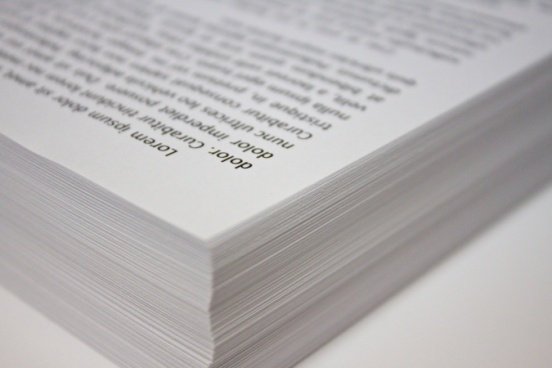
When we’ve invested time and effort into writing a book, it’s hard to put it on hold. And it’s even harder to shelve it forever. But knowing when to step away is an essential skill. Here’s why.
Think of the first book you ever wrote. My first book was a Lord of the Rings knockoff, only with werewolves, pirates, and minotaurs thrown in. I called it The Realm. (Imaginative title, huh?)
For a few years, I worked on making The Realm the best it could be. I spent hours writing and rewriting chapters, planning prequels and sequels, creating timelines. As a high schooler working on my first official long-form narrative, I convinced myself that The Realm was good. Really good.
But the more I worked on the book, the uglier it got. As I mentioned, it’s a lot like a lot of other fantasy books, right down to the chosen one, the wise old mentor, the shadowy dark lord, and the deranged drug addict in the loin cloth (one of those is a joke).
Maybe if I devoted a ton more time to it, I could salvage The Realm, give it its own identity. But would it be worth all that time?
At some point, I decided the answer to that question was no. So I put the project away and moved on to a new one.
This, I think, is one of the most important and difficult skills to acquire for a writer. Simply deciding when to step away from a project—or even abandon it altogether—is difficult, but necessary.
Truth is, tons of successful writers do this very same thing. They work on many projects that never make it outside their desk drawer, then finally one of them gets published.
Fantasy author Brandon Sanderson, for example, wrote seven unpublished manuscripts before his official first book hit the shelves. Even though the guy’s a good author, I’m willing to bet those first seven just weren’t good enough. Sure, he could’ve tried making them better. Instead, he moved ahead to the next project. Seems like it worked out for him.
Deciding when to say goodbye to your book is a constant cost-benefit analysis. If I put in the time to improve this piece, will it ever be outstanding? Or could I be working on a different piece with greater potential?
It’s a tough decision. But if you choose correctly, it can only help your writing.
